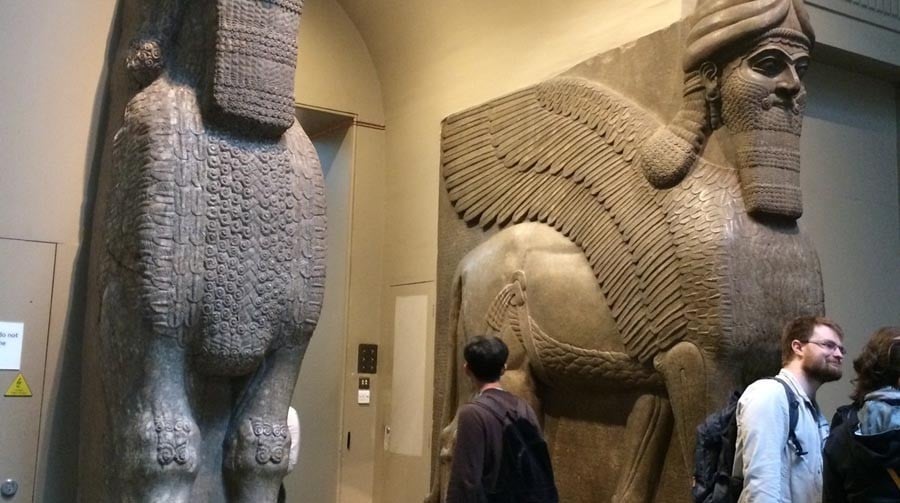
US troops’ plunder of Maiwand and the issue of cultural theft

Dear All,
Last month the British Ministry of Defence (MoD) confirmed that it had presented the Pentagon with evidence that "Maiwand’s historic 19th century battlefield was looted by US soldiers on deployment in 2009". According to the Sunday Times report, the artefacts plundered from this historic Afghan battle-site included items buried with the British soldiers there, after what was one of the bloodiest defeats in British military history. The items were discovered during the ‘civil reconstruction projects’ by a US military team, and at least one soldier there then sent a large consignment of these to the US where they were sold to a collector.
This episode of plunder and profit by the occupying forces in a war zone highlights once again the issue of cultural theft: occupiers and opponents do not just destroy a nation’s culture and historical monuments, they also appropriate objects and use them to their own advantage.
The British Museum (BM), for example, is full of items brought back from all over the world by the British empire, and while one view is that ‘one should be grateful for this’ as these items that were given a ‘safe haven’ would otherwise have been destroyed or plundered by locals, many dispute this view and say the archaeological items were simply stolen and are now held illegally. Greece famously has often raised the matter of the Elgin marbles (classical Greek sculptures from the fifth century, transported from Greece without official permission in the early 1800s when Greece was under the Ottoman rule).
The subject had some traction on Twitter recently after the Channel 4 News reporter Yousra Elbagir, who is from a Sudanese family, tweeted that her brother when requested to make a donation to the British Museum replied he had already ‘donated’ to the Sudan section. Much discussion, often amusing, on the subject of cultural imperialism and the loot and plunder of civilisations and histories, followed. Interestingly, just a few days ago the BM agreed to return something to Ethiopia: two locks of hair belonging to the widely revered emperor Tewedros.
While the locks of hair are not as substantial or valuable as, say, a gold crown, the decision does set a precedent. It will be interesting to see how this is acted upon in future with regard to other cases and requests. Will we see the repatriation of more artefacts? And what will be the criteria for different decisions?
We have seen more and more countries demand the return of their artefacts, and their cases seem pretty strong. According to some experts, an estimated 90 percent of African arts and artefacts are outside the continent.
But back to the Maiwand case: Maiwand is of course the battle linked to legend of Malalai -- the young Afghan woman killed there after holding the flag aloft and spurring the Afghans on to victory with her fighting words; this is where the tomb-raiding American soldiers looted the artefacts from.
Well, the US has plundered its way through most of this century: Iraq was looted after the 2003 invasion, and the role of the US authorities was severely criticised with many critics accusing the authorities of actually encouraging the looting. Some artefacts were apparently subsequently returned to Iraq, but obviously not all.
Western military action has, directly and indirectly, resulted in the destruction of world heritage sites in Iraq, Syria, Libya, Yemen and Afghanistan. In the case of Iraq and Syria, this was particularly galling as the archaeological sites of Assyrian, Babylonian and Mesopotamian sites were extremely well-maintained and accessible to all, but in the ‘civil war’ all six of Syria’s Unesco heritage sites were damaged or destroyed, the most shocking being the destruction of Palmyra by ISIS.
Wars are exercises in subjugation and humiliation: there is no lofty ‘liberation’ or sanctimonious motive -- no matter what the governments may claim. In war, we destroy the world civilisation that we human beings have worked so hard to build and document. We destroy our past and plunder our history, we weaken our intellect and we undermine our future. In this, the twenty-first century…
Best wishes